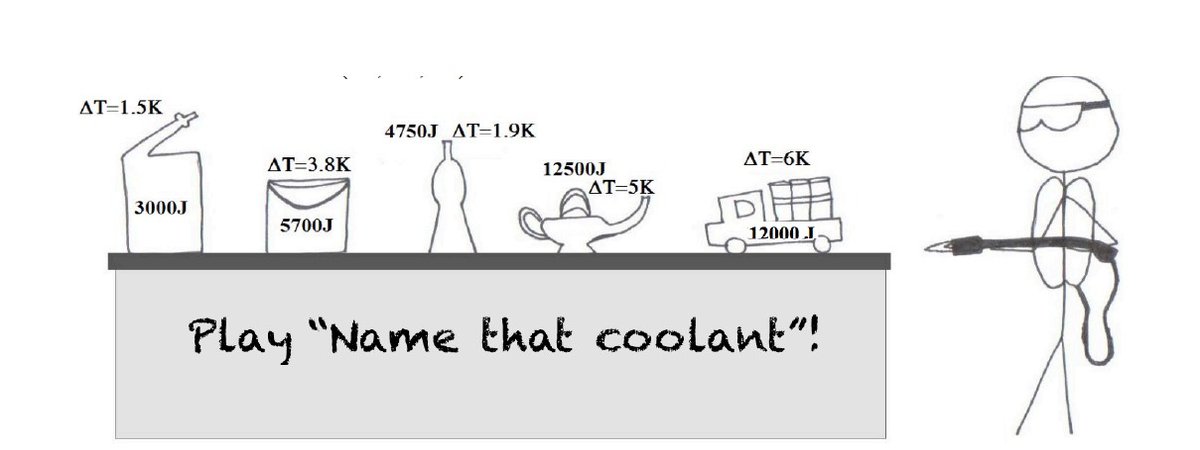Being able to identify and understand quantitative situations is an expected outcome of taking a physics course. In the current crises in which we are mired, it is also essential to be an informed global citizen. Although quantitative procedural competency is a prerequisite for most introductory physics courses, spontaneous and productive mathematical reasoning across physics contexts is a desirable learning outcome of these courses for all students, regardless of major, and ideally it develops there. Physics Quantitative Literacy (PQL) is a set of interconnected skills and habits of mind that support quantitative reasoning about the physical world. In spite of being an important objective of physics instruction, it is not yet common practice to use a validated instrument for assessing to what extent physics courses actually develop PQL. In this talk I will present the PIQL, Physics Inventory of Quantitative Literacy, which is a recently published assessment instrument developed in a multi-institution collaboration and validated at the UW. PIQL targets introductory physics - where the “math world” and “physical world” meet. Unlike multiple-choice concept inventories, which assess conceptual mastery of specific physics topics, PIQL is a multiple-choice reasoning inventory that can provide snapshots of student reasoning that is continuously developing across multiple courses. Our results reveal that, for most students, this kind of reasoning develops very little in the calculus-based sequence of introductory physics courses. I will describe how this work can help lead to improved instruction that better meets the objective of developing physics quantitative literacy. I will end by discussing instructional interventions that may show promise in improving this aspect of physics learning. This work is support by the National Science Foundation DUE-IUSE # 1832836, # 1832880, and # 1833050.
The paper describing PIQL is posted here: https://journals.aps.org/prper/abstract/10.1103/PhysRevPhysEducRes.17.020129
Bio:
Suzanne White Brahmia is an Associate Professor with the Physics Education Group at the University of Washington in Seattle. She has been teaching physics at the middle school through university levels her entire career, which started in the Peace Corps in Gabon. White Brahmia’s research focuses on student's conceptual mathematics reasoning development in the context of physics. Before joining the faculty at the University of Washington in 2017, White Brahmia directed the Extended Physics program at Rutgers University for over 20 years, teaching a physics course designed to promote learning and persistence in engineering for groups underrepresented in engineering. She has published papers on physics mathematization and on bridging the ethnicity and gender gaps in engineering in American Journal of Physics, Physics Review Letters, and Journal of College Science Teaching. White Brahmia has served in many leadership positions in PER and with the APS, and she currently co-chairs the College Board AP Physics 1 Development Committee, where she helps lead the development of the AP Physics 1 exams.



